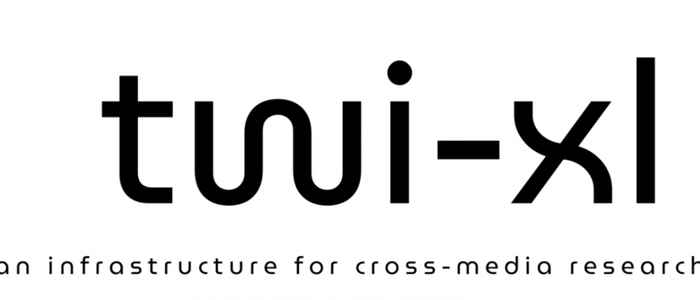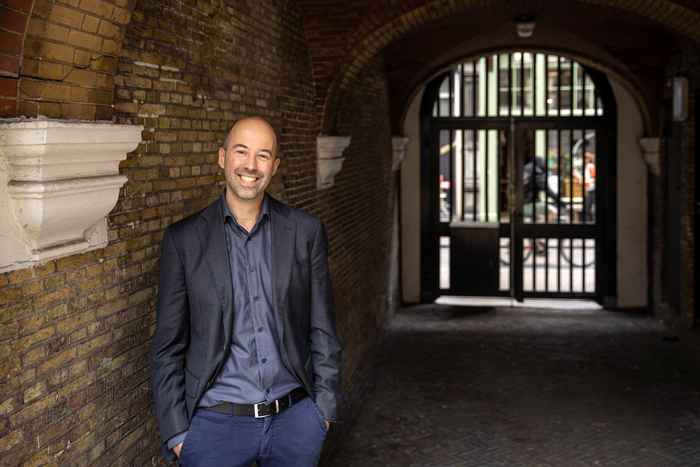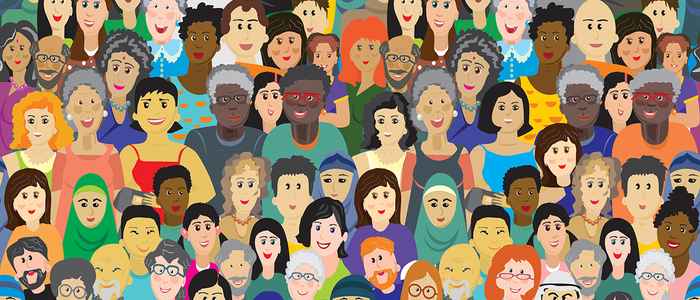Human AI and Digital Society at the Faculty of Humanities
Digital society has gained momentum due to rapid developments in data collection and artificial intelligence. AI models have been developed for a wide range of activities: from reasoning, decision-making and searching to translation, writing, viewing and learning. This interdisciplinary research theme aims to make the development of these models subservient to human well-being. That is, putting human values at the centre, achieving human-centred interaction with AI models and recognising and managing unexpected effects of AI models in a timely manner.
The faculty is very well positioned to perpetuate and expand research and education within this theme, in an impactful way and in co-creation with social partners. This theme is closely linked to the existing ecosystem in education and research, and is embedded in all departments.
GenAI offers unprecedented opportunities for content creation, but what are its risks and ethical issues? UvA researchers investigate this from a wide range of perspectives and disciplines.
























